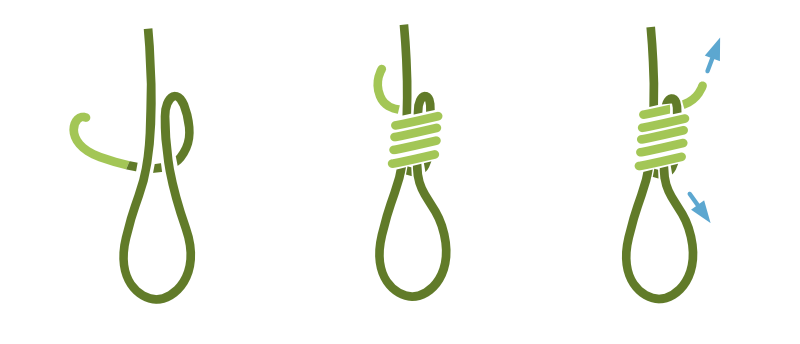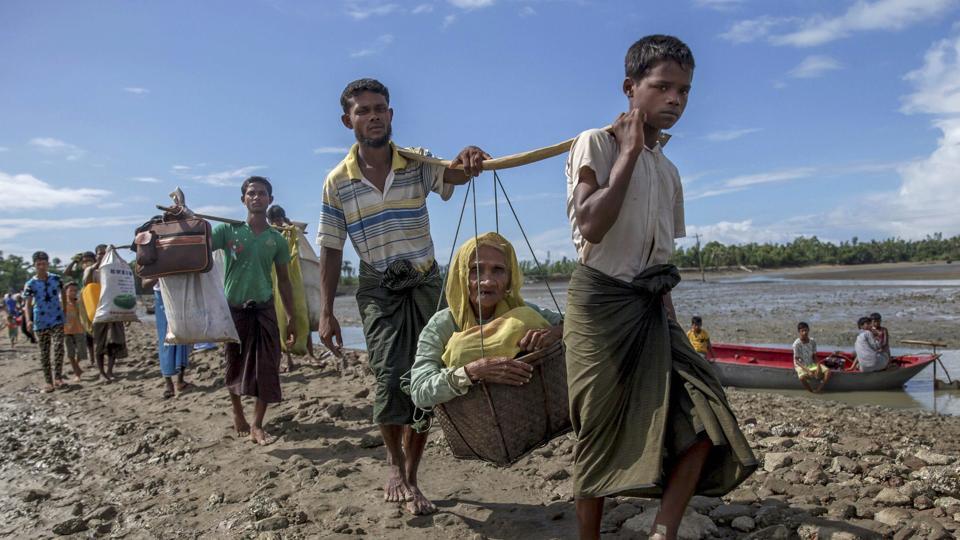By Rajashree Ghosh
INDIA New England Columnist
WALTHAM, MA–Cat calls, lewd remarks, inappropriate touching, stalking by men and pretending to be deaf, mute and unscathed seem a girl/women’s experiences in many South Asian spaces. Some girls negotiate their way averting the “male gaze” – a term film maker Laura Mulvey used to explain how women are viewed from the eyes of a heterosexual man and are represented as passive objects of male desire. And with that, women do not confront the male gaze, others ignore and some are violently hurt.

Many in my generation were asked to steer clear of some spaces, some men (including relatives) and to always move in groups. There is virtue in the collective, we were told. That may be true in most instances, what we ended up doing is that we evaded the issue thereby legitimizing behavior to continue without impunity. We normalized it. Familiar? In this scheme of things, what stands out is that women are without voice, protecting each other and yet not questioning and reporting the perpetrator. Any reporting of a comment or inappropriate action invoked fear – fear of further assault, harassment and community censure.
Records? Where can you find them? Some women manage to lodge complaints but mostly the incidents of harassment are under-reported because of ideas of shame and inadequate legal support.
According to the USAID around the world nearly 98 million girls are not in school. Globally, 1 in 3 women will experience gender-based violence in her lifetime. In the developing world, 1 in 7 girls is married before her 15th birthday, with some child brides as young as 8 or 9. Each year more than 287,000 women, 99 percent of them in developing countries, die from pregnancy- and childbirth-related complications.
India presents a unique set of challenges that are rooted in diverse cultural, religious and social stereotypes. We are cursed that the “Nirbhaya” incident took place and despite the nation-wide outrage and some legal improvements, it marred the narrative on India. We have the millions of women missing. Economist Amartya Sen detailed the story of neglect and inequality that results in excess mortality of women in India.
Within the US, very recent social media storm has ensued with the #Me Too campaign. Women declared their horrific experiences of being harassed, violated and hurt. What an abject human rights calamity! Many friends and family in India and around the world chimed in – these are educated, women from all age groups.
Social media presented a different albeit unfiltered communication source, presenting an opportunity to vent, show and often present relatable stories. Does this mean that those choosing not to speak are any less of a survivor or victim? Maybe they don’t have access to digital medium. Maybe they choose not to use the social media loudspeaker. Maybe their voices are drowned in the noise and the hype of the digital collective. At the same time this medium hides the perpetrator and their digital public persona might reveal nothing about the insidious private urge to bully, intimidate and hurt. Confessing to have been hurt needs some outcome, some resolution. The perpetrator is still lurking online revealing a different persona. Since everything – the crime, survivor and perpetrator are all out there in digital space, what’s next?
It is incredible this campaign is happening in the United States. Here is a country that supports gender rights, boasts of the waves of feminist movements and commonly adds a major chunk of the aid flowing into developing countries aimed at bringing women’s issues front and center. The USAID supports “Gender-¬based violence (GBV) survivors in the Demo¬cratic Republic of the Congo, and extend Safe Schools, an innovative program to reduce school¬ related gender-¬based violence, to the Dominican Republic, Senegal, Yemen, and Tajikistan, among others. “
It is hard to fathom what the US condones as conflagration of human rights is very much alive and thriving in its own backyard. Americans deride all symbols of women’s oppression and patriarchy and many voices have been recorded against the practice and wearing of the veil, burqa and naqab. Misguided as it has been, what I call “Weinstein-gate” really proves that clothing is immaterial to the all-pervasive gender violence. It can take many forms – some may make a distinction between sexual gestures and assault. They are both invasions and infractions and need to be treated as such.
To learn that in one of the most developed nations women have been attacked in their professional spaces, is horrifying. While we are coming to terms with it the circus around a media conglomerate continues. Therapy and second innings are often celebrated especially in high profile cases but it is hoped that this time around the route is different. Hyperbolic activity following a notorious event often dies down. The concern is those with less power and knowledge remain as inconsequential as before the event. So what is the way out? The onus of change lies on each one of us – individually and collectively in communities and nations. A cultural change is imminent that teaches us to value ourselves as women, men and individuals, and use power and privilege for the greater good. It is imminent that we find a more contained, continuous and sustained mechanism to eradicate gender discrimination which is at the core of the humongous crimes against wo(men).
(Rajashree Ghosh is a Resident Scholar at Women’s Studies Research Center (WSRC) at Brandeis University.)










